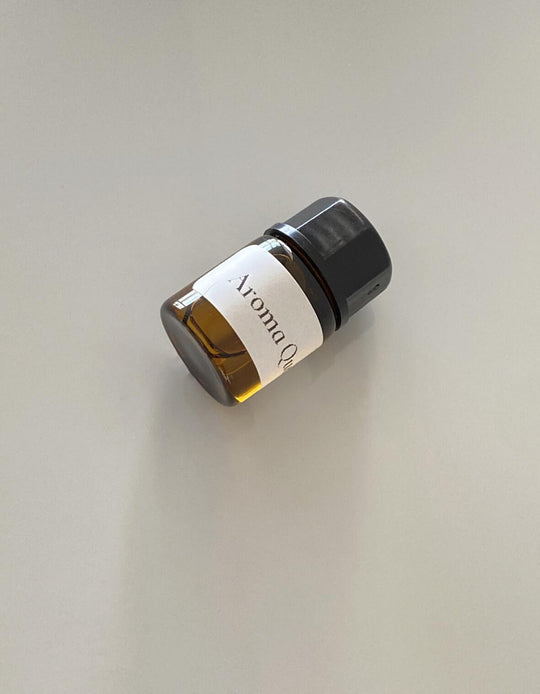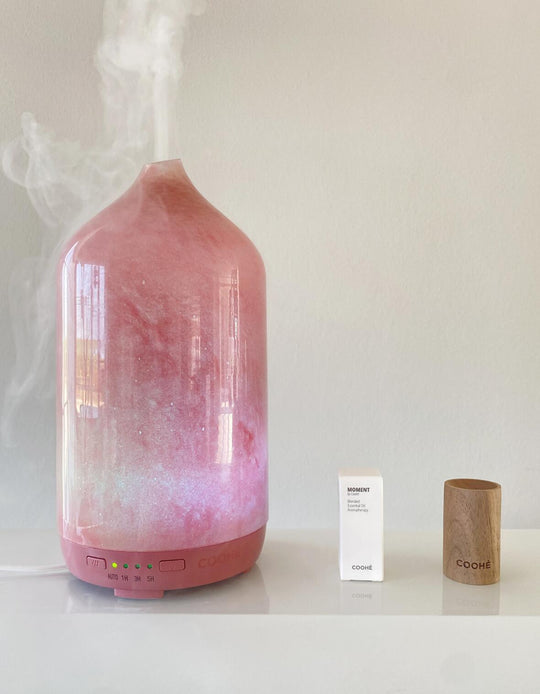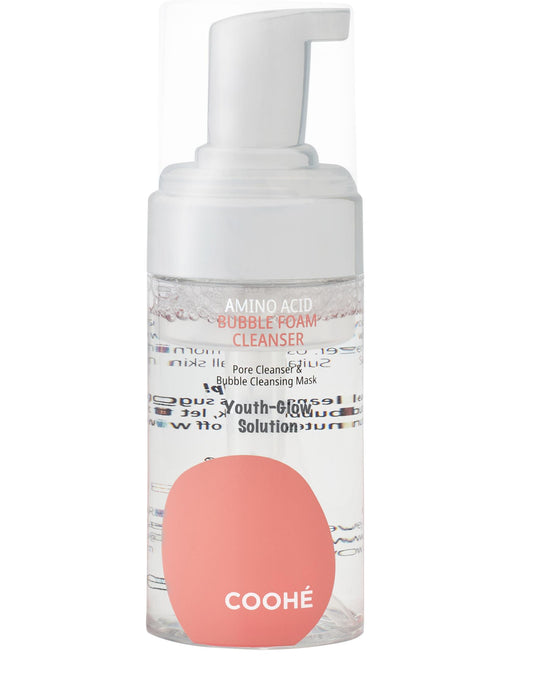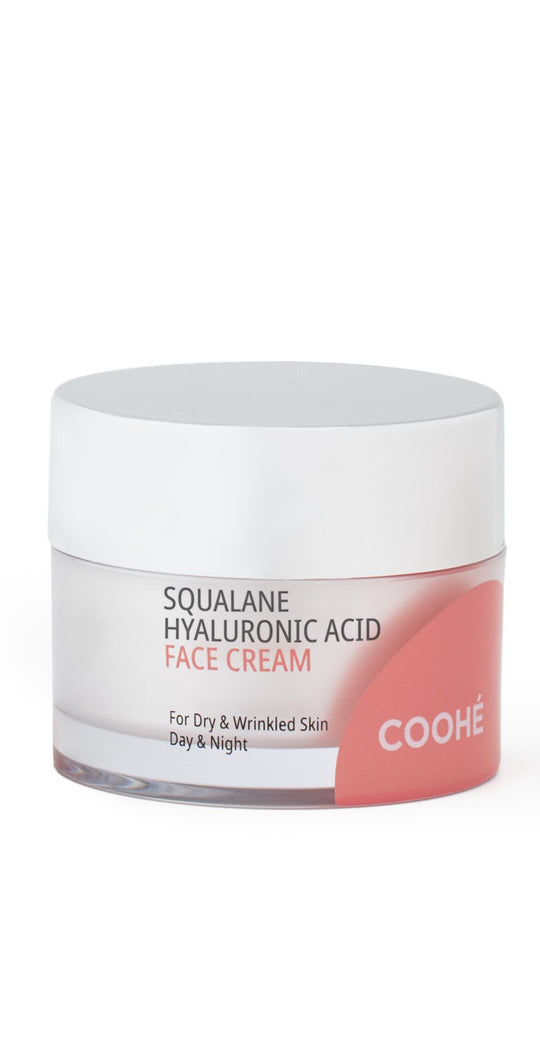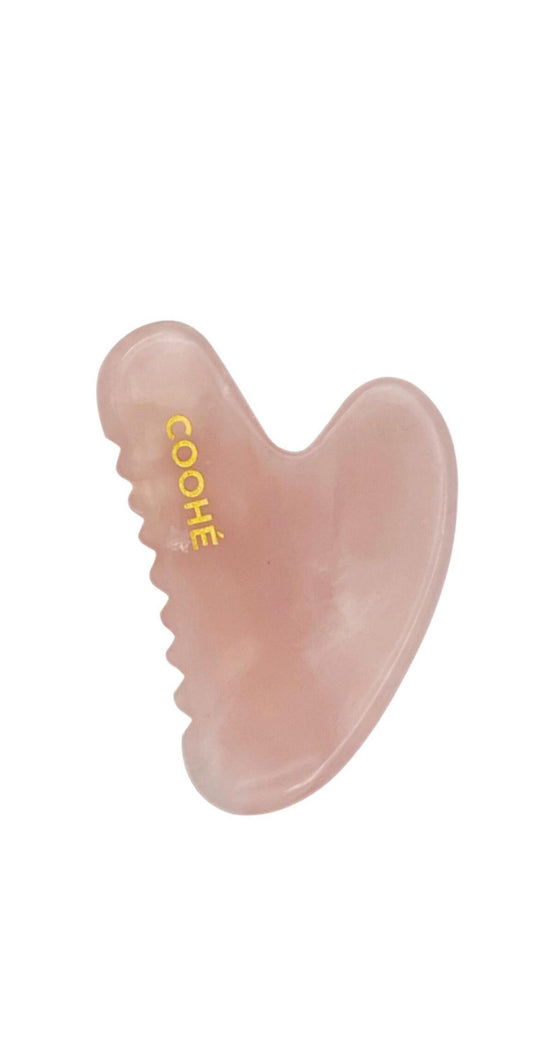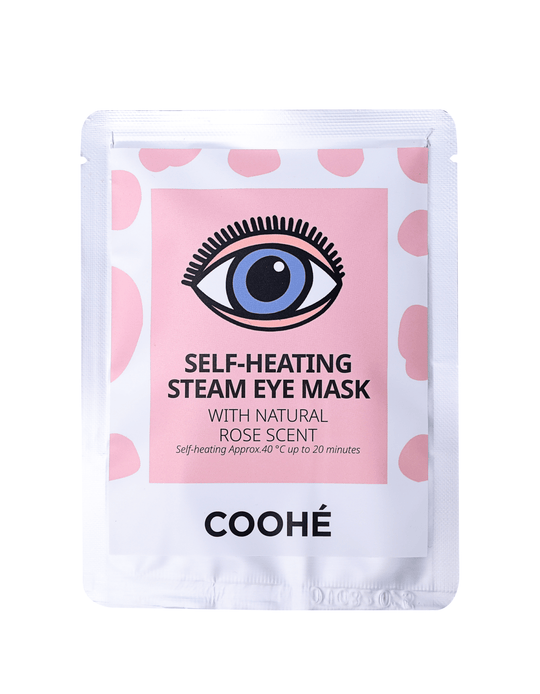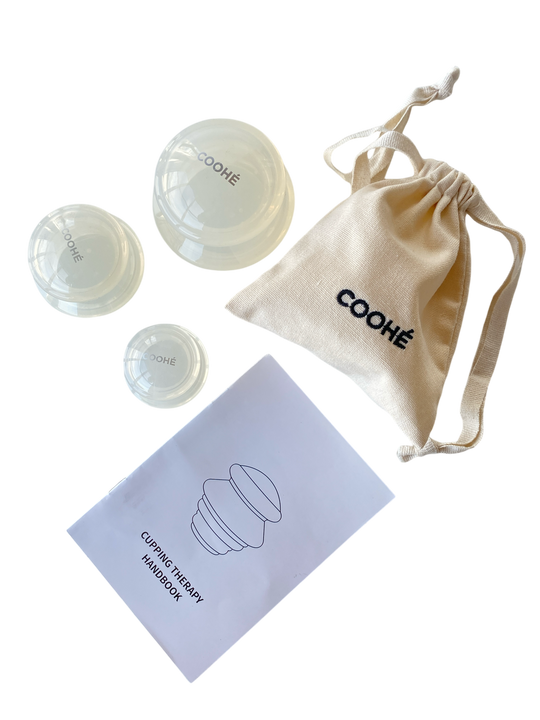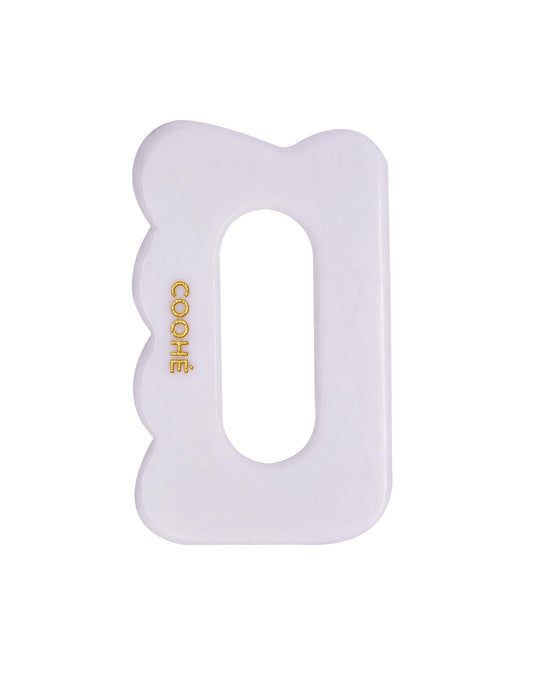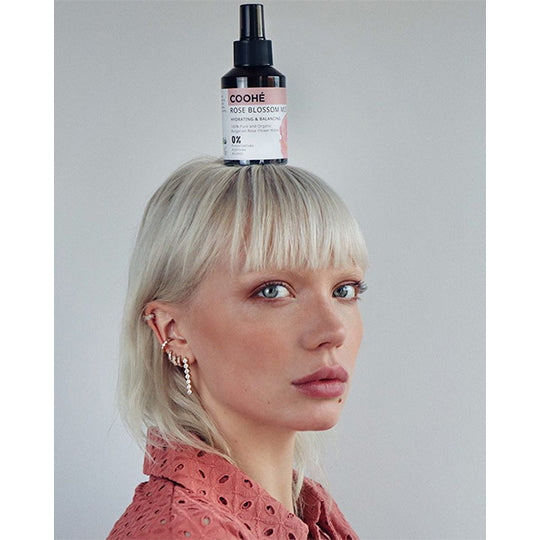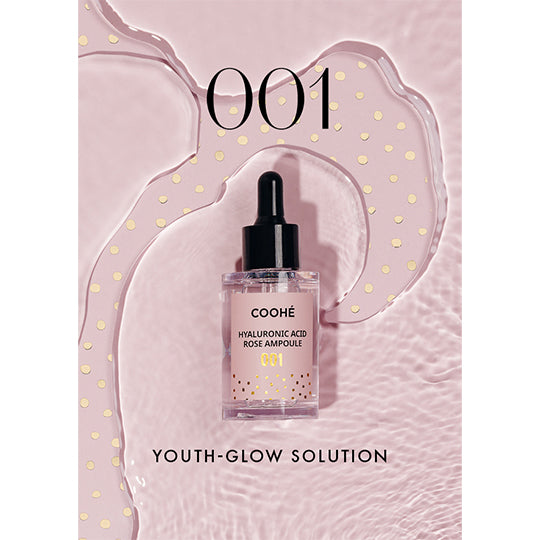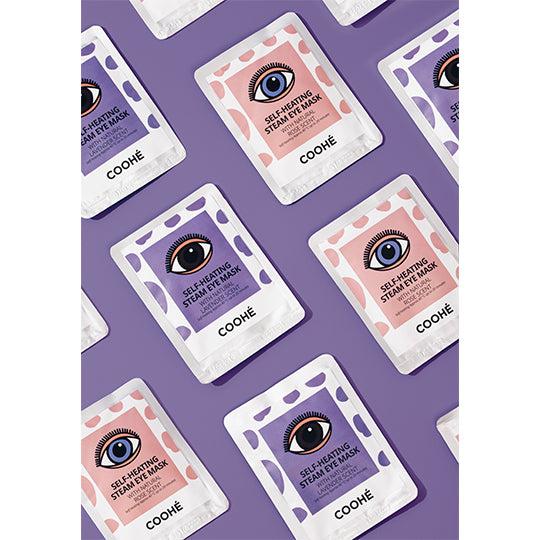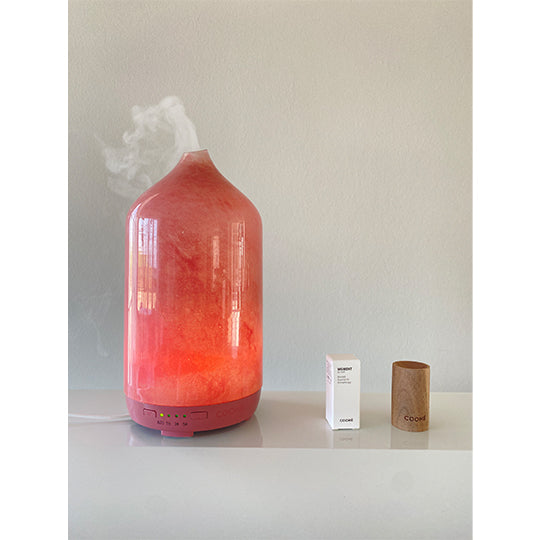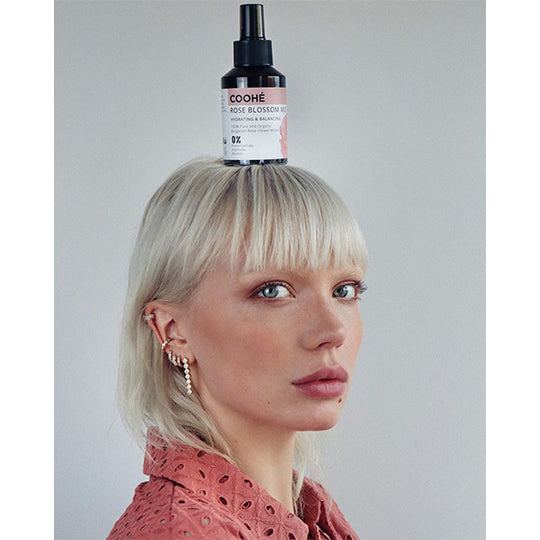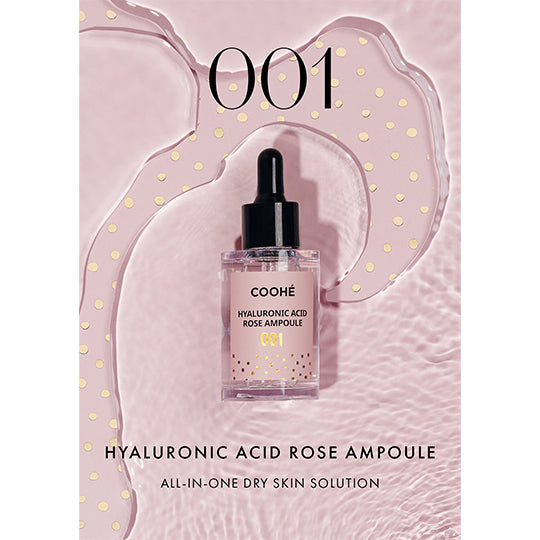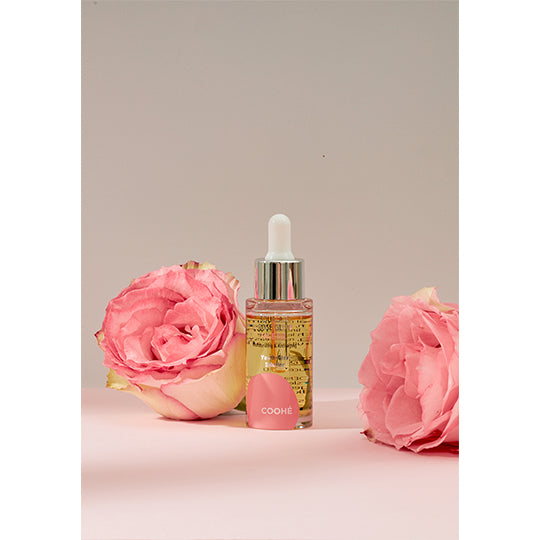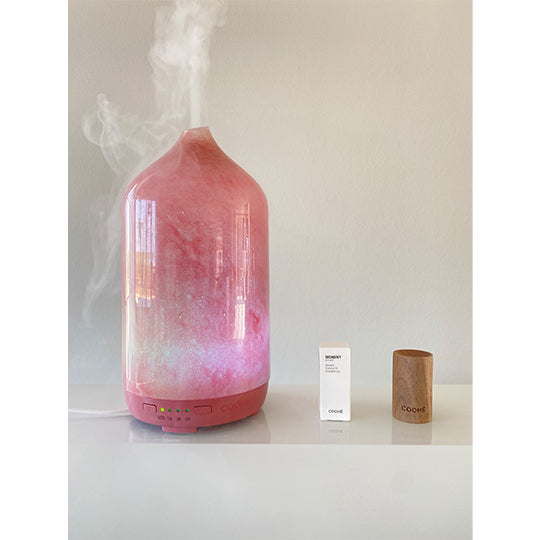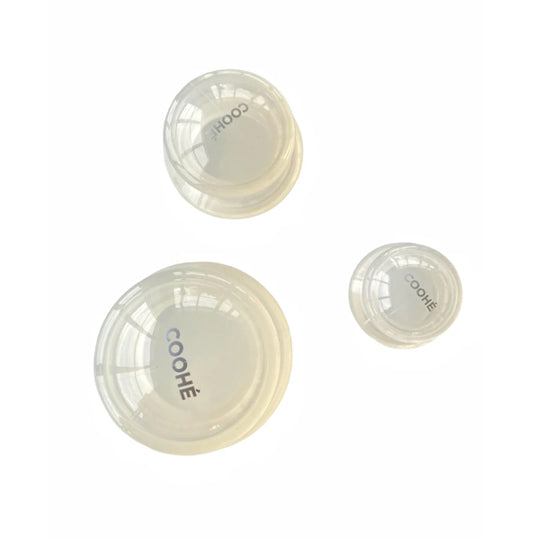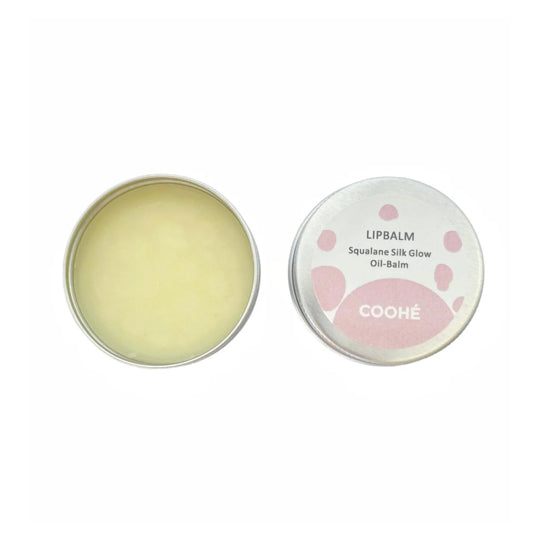Top 10 Anti-Inflammatory Face Oils for Every Skin Type

Skincare has become the most essential part of everyone's life, right?, But in skincare, face oil is one of the products that is grabbing more attention than other skincare products due to its tempting benefits for the skin. Daily usage of oils keeps the skin hydrated and glowing. Multiple skin oils are present in the market, but it is important to buy the right one, and that is an inflammatory face oil. These oils always stand out for their quality and features for glowing and smooth skin.
Whether you are struggling with acne, breakouts, redness, Dry, dehydrated skin, sensitivity, irritation, and other skin concerns, anti-inflammatory addresses all the skin issues. These oils offer a natural process to reduce skin concerns. If you are struggling to find the best anti-inflammatory oil, then our vlog is only for you. We will provide the list of the Top 10 anti-inflammatory face oils for every skin type.
List of Top 10 Anti-inflammatory Face Oils for Every Skin Type
- Argan Oil
- Jojoba OIl
- Rosehip Oil
- Chamomile Oil
- Turmeric Oil
- Hemp Seed Oil
- Calendula Oil
- Marula Oil
- Squalane Oil
- Avocado Oil
Argan oil
Good for: Mature skin, dry, or Sensitive Skin
Key Info: Argan oil contains multiple properties that directly affect our skin. Vitamin E, squalane, and fatty acids are the active ingredients. With this oil, skin becomes healthy and the cells of the skin increase effectively.
Benefits of Argan Oil: Argan oil is very beneficial for multi-purpose use, including:
- Hydrating the skin
- Soothing
- Promote skin healing
- Reduce fine lines and wrinkles
Usage: Some uses of this oil are:
- As a moisturizer
- As a Booster
- As a spot treatment
Jojoba oil
Suitable for: Oily, Acne-prone, and Combination skin
Key info: Jojoba Oil is very lightweight and good for skin balancing. This oil evened out the skin tone. This oil has Vitamin E, B-Complex vitamins, and Fatty acids. It keeps the skin nourished all day.
Benefits of Jojoba oil: Jojoba oil contains multiple benefits, let's see:
- Improve complexion
- Balance the oil production
- Acne friendly
- Deeply moisturize the skin
- Heals & repairs the skin barrier
- Repairs the skin barrier
Usage: Usage of jojoba oil are:
- As a daily moisturizer
- As a night treatment
- As a Makeup remover
- As spot treatment
- For facial massage
Rosehip oil
Suitable for: Sensitive, Acne-prone, and Scarred Skin
Key info: Rosehip oil is made with rose, and we are all aware of the exclusive benefits of rose and also its fragrance. It has essential properties including vitamin A & Vitamin E, which make it perfect for the skin. You can use it for multipurpose.
Benefits of Rosehip Oil: The Benefits are:
- Promote skin regeneration
- Reduce fine lines
- Even skin tone
- Nourishes the skin
- Flights from sun damage
Usage: Let's see the usage of the Rosehip oil:
- Daily moisturizer
- Night cream
- For spot treatment
- As a makeup primer
Chamomile oil
Suitable for: Sensitive, Irritated,d and dry
Key Info: This oil gives very healthy properties to our skin cells, including flavonoids and bisabolol. It gives a safeguard to our skin from bacteria.. There are multiple ways of using chamomile oil for the skin.
Benefits of Chamomile Oil: Let's see the tempting benefits of Chamomile Oil:
- Reduce redness
- Smooth the irritated skin
- Regenerates the skin
- Fights acne & breakouts
- Reduce dryness
Usage: You can use Chamomile oil in multiple ways, let's see:
- Night cream
- Daily Moisturizer
- Spot treatment
- Calming face mask
- Relief from sunburn
- Relaxing facial massage
Turmeric oil
Suitable for: Acne-prone, Redness, and Sensitive skin
Key info: As we all know about the benefits of turmeric from ancient times. Turmeric oil is an antibiotic treatment not only for the body but also for the skin. It prevents the skin from bacteria.
Benefits of Turmeric Oil: Turmeric always gives benefits to our body. Let's see the benefits given by turmeric oil on your skin:
- Prevent breakouts
- Even the skin tone
- Reduce signs of Aging
- Repairs the skin
- Antibacterial properties
Usage: This oil has multiple uses:
- As a moisturizer
- Acne treatment
- Night cream
- Face mask for brightening
- Scar healing
Hemp seed oil
Suitable for: All skin types
Key Info: It is manufactured from the hemp seed plant.. This plant is very beneficial for our skin due to its amazing properties.
Benefits of Hemp Seed Oil: Let's evaluate the benefits of hemp seed oil:
- Moisturize the skin
- Balance the oil production
- Help with acne & blemishes
- Repair the skin
- Improve skin elasticity
Usage: Let's see the usage of this oil:
- Daily Moisturiser
- Night treatment
- DIY Face Mask
- Acne spot treatment
- Sensitive & irritated skin
Calendula oil
Suitable for: Dry, sensitive, and Inflamed skin
Key info: Calendula oil refers to a healing herb which helps in healing the skin from damage due to its active ingredients: Flavonoids, Terpenoids, and antioxidants. This oil also works as antiseptic.
Benefits of Calendula oil: By using calendula oil, you will get various benefits:
- Calm the irritated skin
- Accelerate wound healing
- Hydrate & moisturizer
- Reduce skin damage
- Reduce wrinkles
- Help with dark spots & hyperpigmentation
Usage: It is used in many ways:
- As a lotion
- Night treatment
- For sensitive & irritated skin
- In a DIY face mask
Marula oil
Suitable for: Dry, dehydrated, anti-aging skin
Key info: Marula oil contains lightweight properties that deeply hydrate the skin. It is made from marula fruit seeds.. The vitamins work together to keep the skin hydrated. It has a multi-vitamin formula.
Benefits of Marula Oil: its benefits are:
- Deeply moisturize the skin
- Reduce redness & inflammation
- Balance the oil production
- Even the skin tone
Usage: The following are the uses of Marula oil:
- As a Lotion
- Makeup primer
- DIY Face Mask
- Treat stretch marks
Squalane oil
Suitable for: All skin types
Key info: This oil is made with non-comedogenic properties, which work by balancing the skin texture. It is lightweight with an easy-to-apply formula. It nourishes the skin.
Benefits of Squalane Oil: Let's evaluate the benefits of Squalane oil:
- Deep hydration
- Non-greasy texture
- Wrinkle reduction
- Enhance skin barrier function
- Promote a clear complexion
- Improve skin texture
Usage: There are multiple ways of using squalane oil:
- As a daily lotion
- Night cream
- As a serum
- Makeup primer
- For protection from sunburn
Avocado oil
Suitable for: Dry, Aging, & Sensitive skin
Key info: Avocado oil always proves beneficial, especially for the skin. Due to having rich vitamins, it soothes the skin. It is organic for the skin.
Benefits of Avocado oil: It has multiple benefits, let's see:
- Deeply hydrate the skin
- Soothes the skin
- Boost Collagen Production
- Heal wounds & scars
- Sun protection support
- Improve skin texture
Usage: There are multiple uses of Avocado oil:
- As a moisturizer
- Lotion
- Night cream
- Face mask
The Bottom line
As we have discussed, the anti-inflammatory face oils that are perfectly used for all skin types. It will give results only if you use it in a proper way without discontinuing it. Coohe plays an important role in choosing the right oil for you. We have provided you with every skin type, so you can get your favourite oil according to your skin.
FAQ for Top Anti-Inflammatory Face Oils for Every Skin Type
Q. How to use Anti-inflammatory Oil on the face?
Answer: Before starting to apply the oil, you should clean your face properly. Now, consider the following things:
- Apply some drops on the face
- Massage it gently in a circular motion
- You can use this oil with moisturizer or lotion (if you want a light application)
- Do not overuse it
Q. Which time is perfect for face oil?
Answer: The night time is perfect to use the face oil because our skin works effectively in night. Oil works very effectively in the night.
Q. How much time should we use this oil?
Answer: You can use this oil daily, but not in the beginning. To start, you can use it 2-4 times a week, and after that, increase as you need.
Q. How long can face oils last?
Answer: Anti-inflammatory oils can last from 6 months to 12 months after opening.

